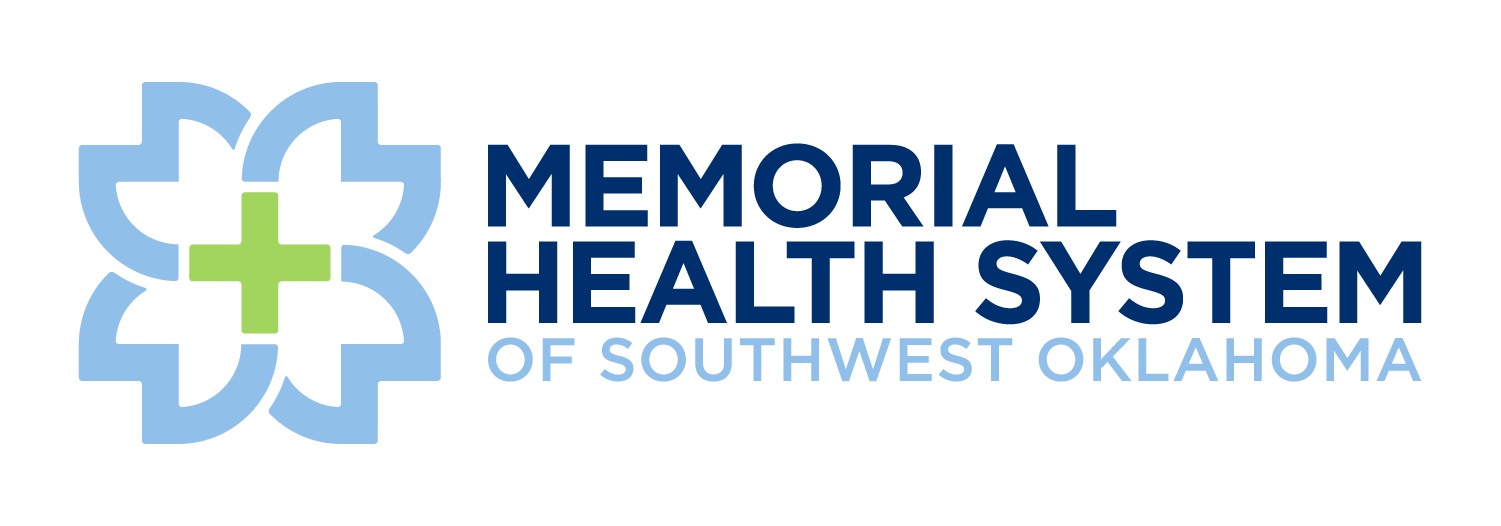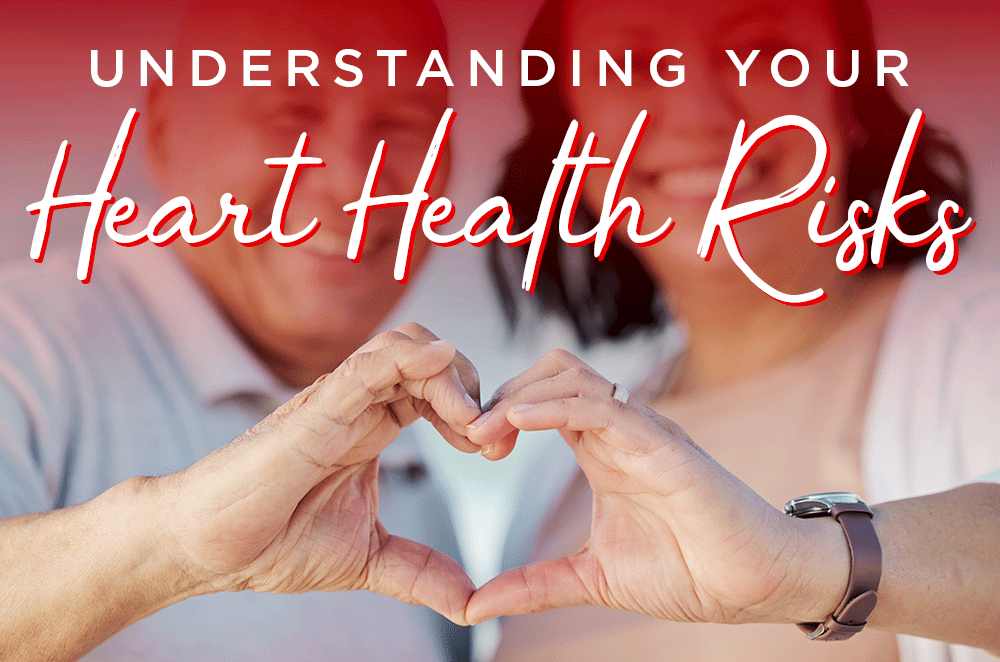February is American Heart Month, and it’s the perfect time to talk about something super important: your heart health. We all want to live long, healthy lives, and a big part of that is keeping our hearts happy. So, let’s dive into understanding your heart health risks and what we can do about them.
Think of your heart as the engine of your body. It works tirelessly to keep you going, and just like any engine, it needs some TLC. Knowing your risk factors for heart disease is like knowing what kind of fuel your engine needs – it helps you keep it running smoothly.
Now, some things we can’t control, like our age or family history. These are what we call uncontrollable risk factors. If heart disease runs in your family, it’s definitely a good idea to be extra vigilant about your heart health. However, don’t worry, that doesn’t mean you’re destined to have heart problems! It just means you need to be more proactive.
Controllable Risk Factors
The good news is that there are a bunch of controllable heart health risks that we can influence. These include things like:
Smoking: This is a big one. Smoking seriously damages your heart and blood vessels. Quitting is the single best thing you can do for your heart health.
Diet: What you eat plays a huge role. A diet high in saturated and trans fats, cholesterol, and sodium can increase your risk of heart disease. Instead, think more fruits, veggies, and whole grains!
Exercise: Get moving! Regular physical activity strengthens your heart and helps you maintain a healthy weight. Indeed, even a brisk walk a few times a week can make a difference.
Weight: Being overweight or obese puts extra strain on your heart. Losing even a little weight can have a positive impact.
Stress: Chronic stress can take a toll on your heart. Finding healthy ways to manage stress, like exercise, meditation, or spending time with loved ones, is essential.
Know Your Numbers
One of the best ways to stay on top of your heart health and minimize heart health risks is to know your numbers. We’re talking about:
Blood Pressure: High blood pressure is often called the “silent killer” because it usually has no noticeable symptoms. You can feel perfectly fine, and still have dangerously high blood pressure. It can significantly increase your risk of heart disease. That’s why regular checks are absolutely crucial.
Cholesterol: Cholesterol is a waxy, fat-like substance that your body needs to function. However, too much of the “bad” kind (LDL cholesterol) can lead to plaque buildup in your arteries. This plaque can narrow your arteries, making it harder for blood to flow to your heart and increasing your risk of heart attack and stroke. A simple blood test can tell you your cholesterol levels. Knowing these numbers is key to understanding your risk.
BMI (Body Mass Index): This is a measure of your body fat based on your height and weight. While it’s not a perfect measure, it can give you a general idea of whether you’re at a healthy weight. A high BMI can indicate a higher risk of heart disease, as excess weight puts extra strain on your heart.
Quick Check-In
Want to get a general idea of your risk? Here are a few questions to consider. Remember, this isn’t a substitute for talking to your doctor, but it can be a good starting point for understanding potential heart health risks:
- Do you smoke?
- Do you eat a healthy diet rich in fruits and vegetables?
- Do you get regular exercise?
- Do you know your blood pressure and cholesterol numbers?
- Does heart disease run in your family?
Honesty is the most important thing here. These questions are meant to help you understand your potential heart health risks. Even if you’re doing everything right, it’s still important to see your doctor for regular checkups.
Talk to Your Doctor
If you’re concerned about your heart health, or if you have any of the risk factors we’ve talked about, please schedule an appointment with your doctor. They can assess your individual risk and recommend the best course of action for you. Don’t wait – your heart will thank you for it!
For those experiencing cardiac issues, our Heart and Vascular Center is here to help. We are proud to offer the most comprehensive and advanced heart program in Southwest Oklahoma, with cutting-edge procedures and treatment for a wide range of heart conditions. Learn more about the Heart and Vascular Center and the services they provide.
Resources:
https://www.cdc.gov/heart-disease/risk-factors/index.html
https://www.heart.org/en/health-topics/heart-attack/understand-your-risks-to-prevent-a-heart-attack
Disclaimer:
The Comanche County Memorial Hospital website does not provide specific medical advice for individual cases. Comanche County Memorial Hospital does not endorse any services obtained through information provided on this site, articles on the site or any links on this site.
Use of the information obtained by the Comanche County Memorial Hospital website does not replace medical advice given by a qualified medical provider to meet the medical needs of our readers or others.
While content is frequently updated, medical information changes quickly. Information may be out of date, and/or contain inaccuracies or typographical errors. For questions or concerns, please contact us at contact@ccmhhealth.com.

